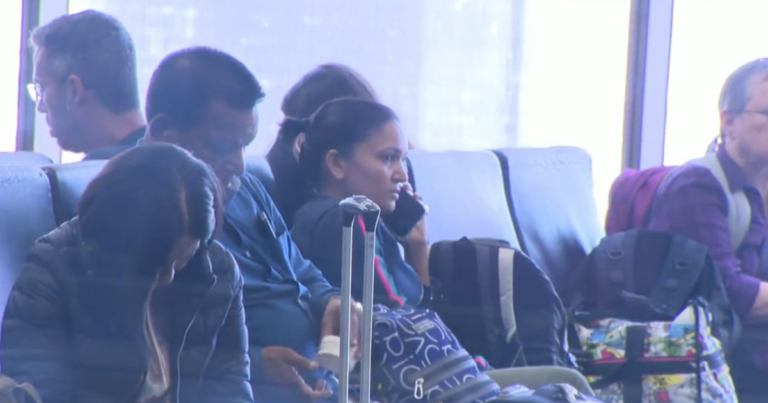North Texas – The FAA is working overtime to accommodate the busiest summer travel season in the past 15 years.
Airlines can add new destinations and more flights to meet growing demand, but the ultimate responsibility rests with the FAA. Air traffic controllers slow down traffic for a variety of safety reasons.
Everyone who flies dreads delays, which is why the FAA wants to explain what causes them.
“An informed passenger is going to be a happier passenger,” said Ernie Snyder, an FAA integration and efficiency specialist. “At least I understand the reasons. I may not like it, but I understand it.”
While aviation authorities’ main goal is to get passengers safely from point A to point B, bad weather can completely disrupt the normal flow of air traffic.
The FAA said this was the main cause of the delays.
“Beryl is a perfect example of a storm that didn’t make landfall in the DFW area. Some storms did make landfall in the DFW area but had significant impacts on traffic,” Snyder said.
To avoid weather systems, planes have to fly different patterns, which can create capacity issues.
“So you have to scale and distribute the load so that you’re not putting too much strain on the controller or the system itself,” Snyder said. “That’s where the latency comes from.”
The FAA has taken similar steps to address other constraints, such as when airport construction impacts runway capacity, there are too many flights or there are staffing shortages.
Nationwide, the FAA is down about 3,000 air traffic controllers.
“If we have areas where we’re short staffed, we’re going to slow traffic down because safety is always number one,” Snyder said.
So the FAA is trying to hire more people: It says it plans to hire 1,500 controllers in 2023 and another 1,800 this year.
The agency also updated its severe weather plans, installed new ground surveillance technology at some airports and took other steps to increase efficiency this summer.
“We’re going to make sure you’re safe,” Snyder said. “It might take some time, but it’s worth it.”
With an intense hurricane season expected this year and many more weather-related delays likely to occur in the coming months, the FAA would do well to remind you that the next time you encounter some disruption, there’s a safety reason behind it.


